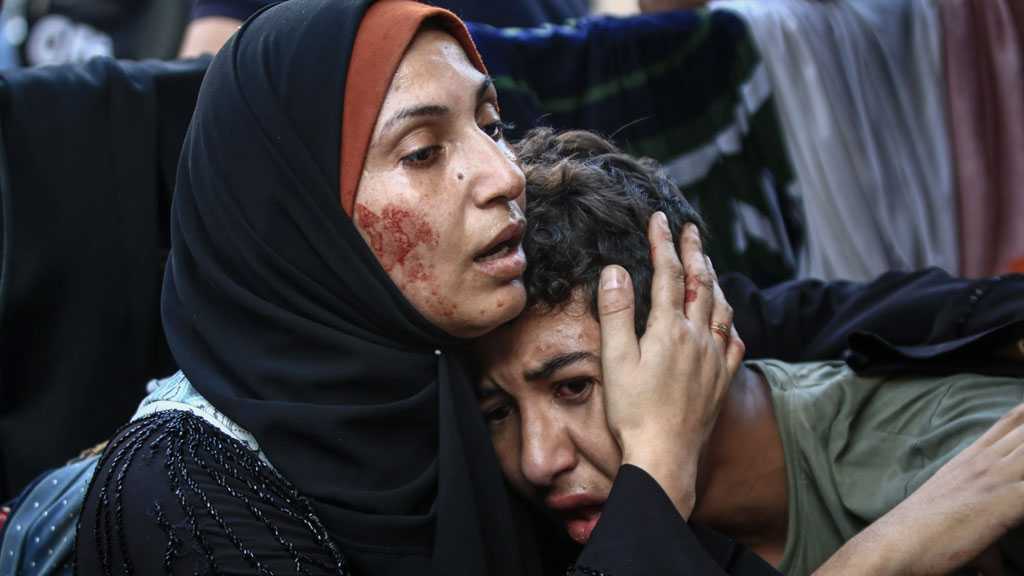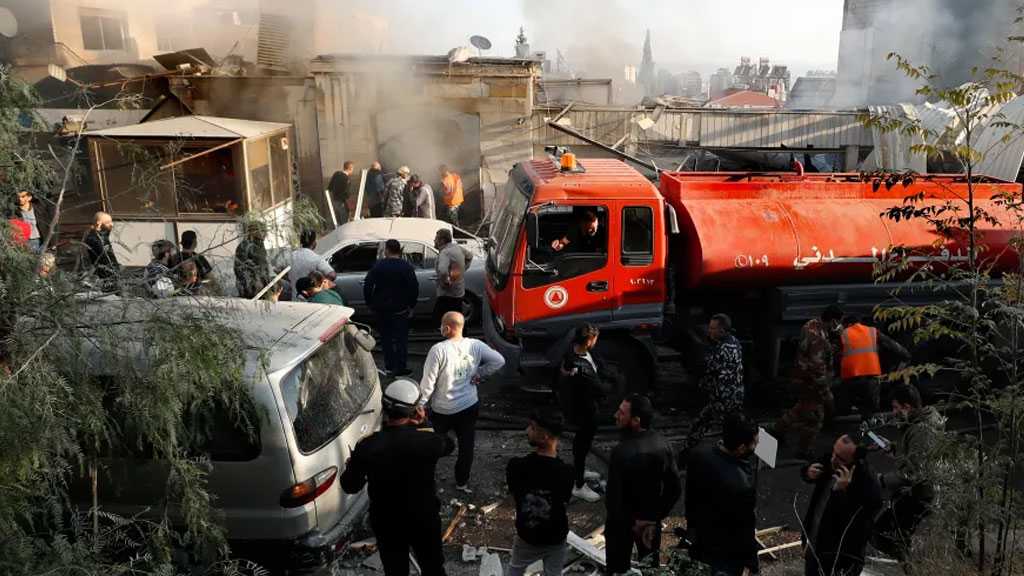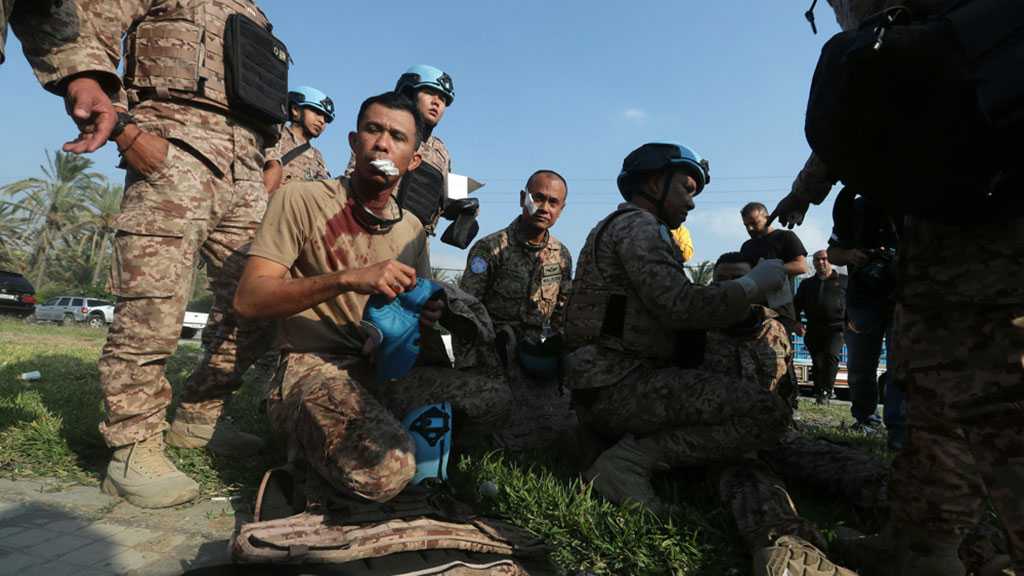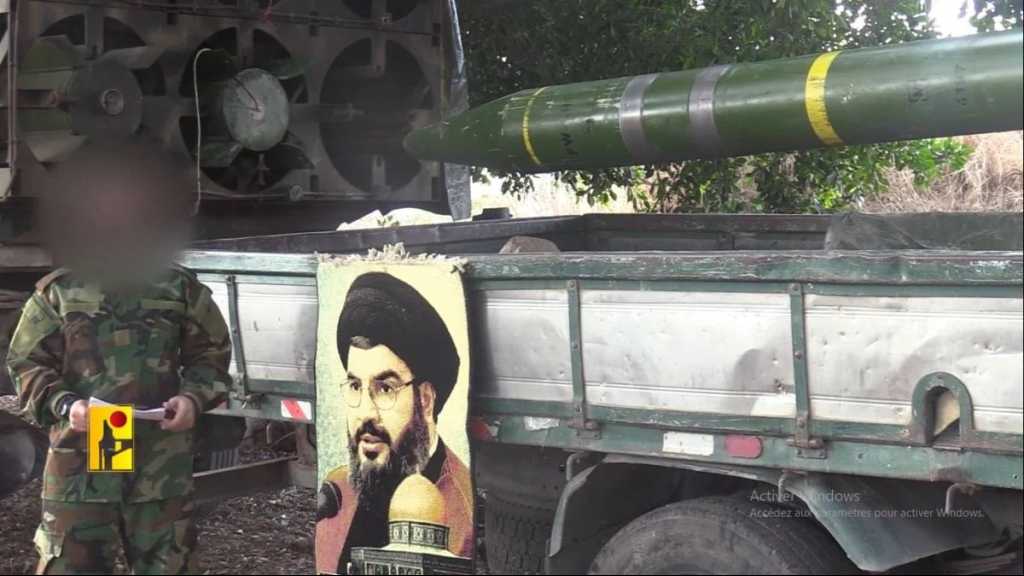
Iran, Hezbollah and Lebanon – No Strings Attached!
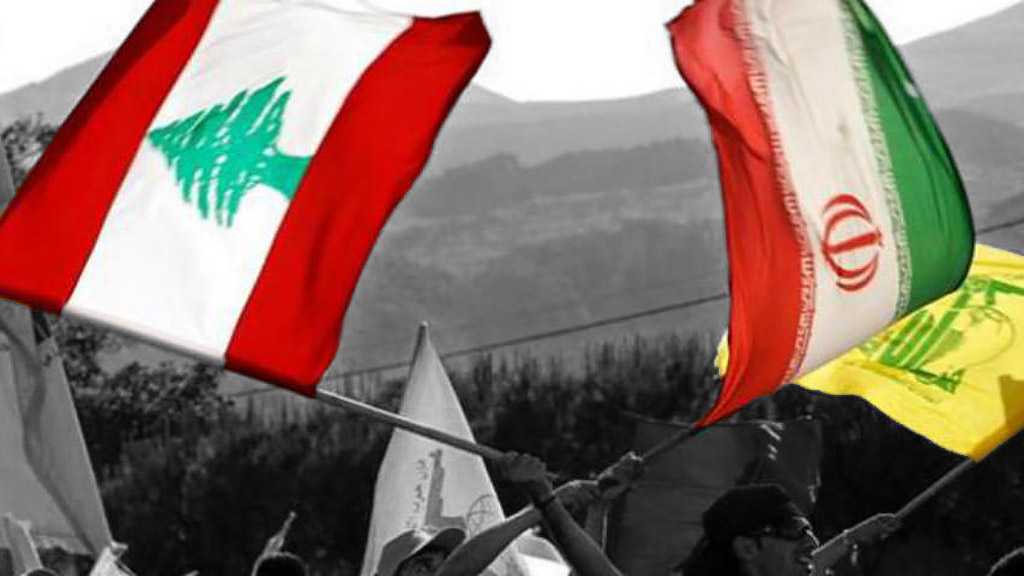
By Staff
The relationship between Iran and Saudi Arabia has always been eye-catching for regional observers.
For decades observers have seen the Middle East through the prism of a Saudi-Iranian cold war. During the eight-year Iran-Iraq war, Gulf States particularly Saudi Arabia and Kuwait, lent more than $37bn to Saddam Hussein’s war effort.
According to a report by The Economist, this binary view of a “proxy war” has outlived its usefulness—because the Saudis lost. They failed to build a deep well of support in other Arab countries, settling for ineffective chequebook diplomacy with fickle politicians and warlords. Iran is undeniably the strongest foreign actor in Lebanon, Syria and Iraq.
The Saudis still fight a rearguard action in Yemen, but their six-year war against the Yemeni Ansarullah revolutionaries, has been all in vain. Diplomats from the Gulf curtly describe several Arab states as “outside the Arab fold”, The Economist report explained.
It was a victory for Iran, not to mention, for the Axis of Resistance – which according to many includes resistance factions in Lebanon, Syria, Iran and Yemen.
Lebanon, a small Middle Eastern country, has been an important outlet to Mediterranean for many Arab countries, notably Saudi Arabia. It is also home to the Lebanese resistance movement Hezbollah.
In the past year, the country has been plagued with a suffocating economic crisis. Life in Lebanon is defined by petrol queues, lengthy blackouts and growing hunger. Lebanon’s bankruptcy stems from decades of misrule by the political class.
Hezbollah, founded in the 1980s, resisted the “Israeli” entity for its occupation of south Lebanon. Many Lebanese, regardless of sect or political persuasion, saw this as a legitimate struggle. The group’s popularity soared after the “Israeli” withdrawal in 2000, and stayed high even after war with the entity in 2006, which began with the capture of two “Israeli” soldiers. Arabs of all stripes cheered it for giving the “Israeli” entity a bloody nose, a feat no Arab state had managed in decades.
The Lebanese Resistance movement has not only protected Lebanon militarily, but it has attended to the medical and social needs of the all Lebanese.
Today, with the worsening of the economic situation in Lebanon, Hezbollah and its allies promoted the notion of a resistance economy in Lebanon. In April, Hezbollah trumpeted the Sajjad card, a ration-card scheme named after the 4th Shia Imam Ali ibn Hussein Zein al-Abidin [AS] that offers discounts to participants.
However, the indignities that define life in Lebanon have not spared anyone. Pharmacy shelves are bare: expats visiting for the summer stuff their suitcases with medicines, not only prescription pills but even basics like paracetamol that are unavailable in the country. Petrol stations, if not closed, have hours-long queues that snake for blocks.
The situation has been getting even worse no thanks to the Western siege, which Hezbollah Secretary General His Eminence Sayyed Hassan Nasrallah has repeated in various speeches.
To the West, the “Israelis” and the locals, Sayyed Nasrallah offers more than empty words. In a televised speech during the 2006 “Israeli” aggression on Lebanon, the Resistance Leader told his viewers to look out to sea. Moments later a missile slammed into an “Israeli” destroyer off the coast, damaging the vessel and killing four sailors.
Sayyed Nasrallah supported peaceful anti-government demonstrations in 2019 and endorsed economic and political reform. However, His Eminence cautioned protesters from being infiltrated by a fifth column on the payroll of foreign embassies.
As for the economic crisis, Sayyed Nasrallah urged the Lebanese to bypass the Western siege and look east to Asian powers such as China, which stand ready to pour billions into Arab economies despite howls of outrage from the Americans.
Hezbollah remains the “Israeli” entity’s strongest Arab foe. Generals in Tel Aviv acknowledge that another war with the group would be painful. Aside from a few brief border skirmishes, however, it has not fought the entity in 15 years.
The Resistance Leader at various occasions reiterated the unconditioned Iranian support to the Hezbollah, Lebanon and the Lebanese. Most recently, His Eminence thanked Iran for its willingness to aid Lebanon with its oil and gas crisis. Sayyed Nasrallah further welcomed UNCONDITIONED aid from any country provided that it would ask nothing in return from Lebanon.
The first Iranian ship carrying fuel sailed last Thursday. It has been followed by a second ship days after… more ships are expected to come.
“A second ship will set sail in the next few days, and it will be followed by others,” Sayyed Nasrallah said. “We will continue this process as long as Lebanon needs it,” His Eminence said. “The aim is to help all Lebanese, [not just] Hezbollah supporters or the Shia.”
